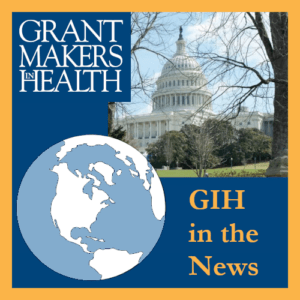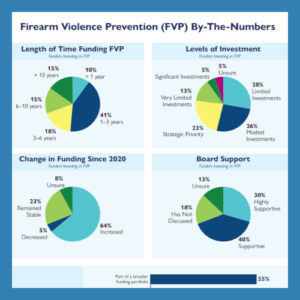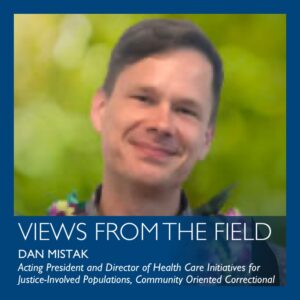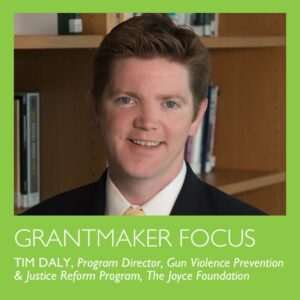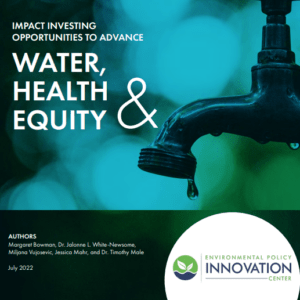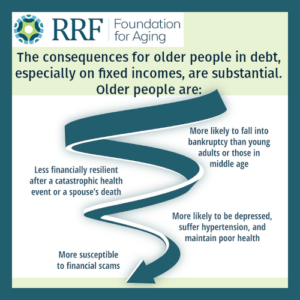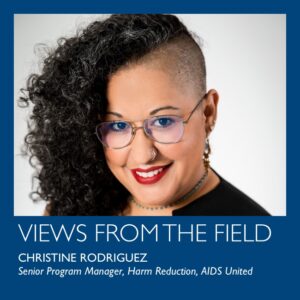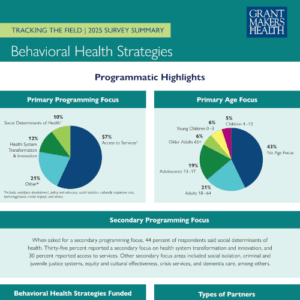Upcoming Events
Past Events
Explore Health Equity and Social Justice Topics
Recent Items - Climate and Environmental Health
Recent Items - Health Equity
Recent Items - Healthy Eating/Active Living
Kate B. Reynolds Charitable Trust: October 2025
Recent Items - Housing
Marin Community Foundation: October 2024
Horizon Foundation: September 2024
Recent Items - Justice Reform
Recent Items - Social Determinants of Health
North Carolina Healthcare Foundation: January 2026
Marin Community Foundation: October 2024
Recent Items - Violence Prevention
The Joyce Foundation
Latest Resources
Impact Investing Opportunities to Advance Water, Health, and Equity
A new report from the Environmental Policy Innovation Center and supported by the Robert Wood Johnson Foundation outlines ways that philanthropy can use strategic investments to help ensure that drinking water is safe for all.
RRF Foundation for Aging Releases Call to Action to Address Older Adult Debt Burden
In a new Call to Action, RRF Foundation for Aging illuminates a problem hidden for too long – older adult debt – and calls on advocates, researchers, service providers, funders and others to get involved with addressing this urgent issue.
Promoting Diversity, Equity, and Inclusion in the Health Care Workforce
The Josiah Macy Jr. Foundation is the only national foundation solely dedicated to improving the public’s health by advancing change in the education of health professionals. The Foundation’s current focus is the clinical learning environment where the health care workforce both acquires skills and delivers care.
The Gilead Foundation: Advancing Health Equity Through Education Equity in the U.S.
While the COVID pandemic and most recent racial reckoning galvanized the traditional health philanthropy community, many corporate funders made their first foray into supporting racial and social justice efforts as well as health equity. Corporate social responsibility efforts were, and continue to be, scrutinized as merely cosmetic public relations efforts with no real long-term, institutional commitments to driving meaningful change in Black and Brown communities that have long been historically, intentionally marginalized.
Health Philanthropy’s Equity Blind Spot: Syringe Services Programs
Syringe services programs (SSPs) have existed, mostly under the radar, in the United States since the early days of the response to the HIV epidemic. Illegal then, and still illegal in many jurisdictions across the country today, sterile syringe access is a bedrock of harm reduction.
Grantmakers In Health Statement on the 2022 White House Conference on Hunger, Nutrition, and Health
Grantmakers in Health President and CEO Cara V. James issued the following statement after attending the White House Conference on Hunger, Nutrition, and Health on Wednesday, September 28, 2022: “Grantmakers In Health (GIH) was pleased to participate in the White House Conference on Hunger, Nutrition, and Health. We applaud the administration for bringing together a…
Reports and Publications
GIH Bulletin: January/February 2026
One year ago, as we were just one month into the new administration, I wrote that “At a moment when so much has been described as ‘unprecedented,’ and so much of what we value is being attacked, we need to ask ourselves as individuals, organizations, and a field, what do we stand for? What values do we hold, and what will we do and say to defend them?” Today, the answers to these questions are needed more urgently than ever.
GIH Bulletin: November/December 2025
GIH President and CEO, Cara V. James, delivered these remarks on Protecting the Freedom to Give at the closing of the 2025 Health Policy Exchange, in Arlington, Virginia.
Behavioral Health Strategies
GIH conducted a survey in late 2024 on funder engagement in behavioral health. This fact sheet, based on a sample of 139 health funders, summarizes the current trends, gaps, successes and challenges for funders. It also highlights philanthropy’s continued commitment to behavioral health while also signaling concern about the upcoming funding environment.
Strengthen your knowledge, skills, and capacity.
GIH focuses our programming around five areas that are critical to achieving better health for all.
We invite you to explore the resources available on our focus areas pages, browse content in more specific issue areas, and to connect with GIH staff to discuss how we can partner and support your work.




